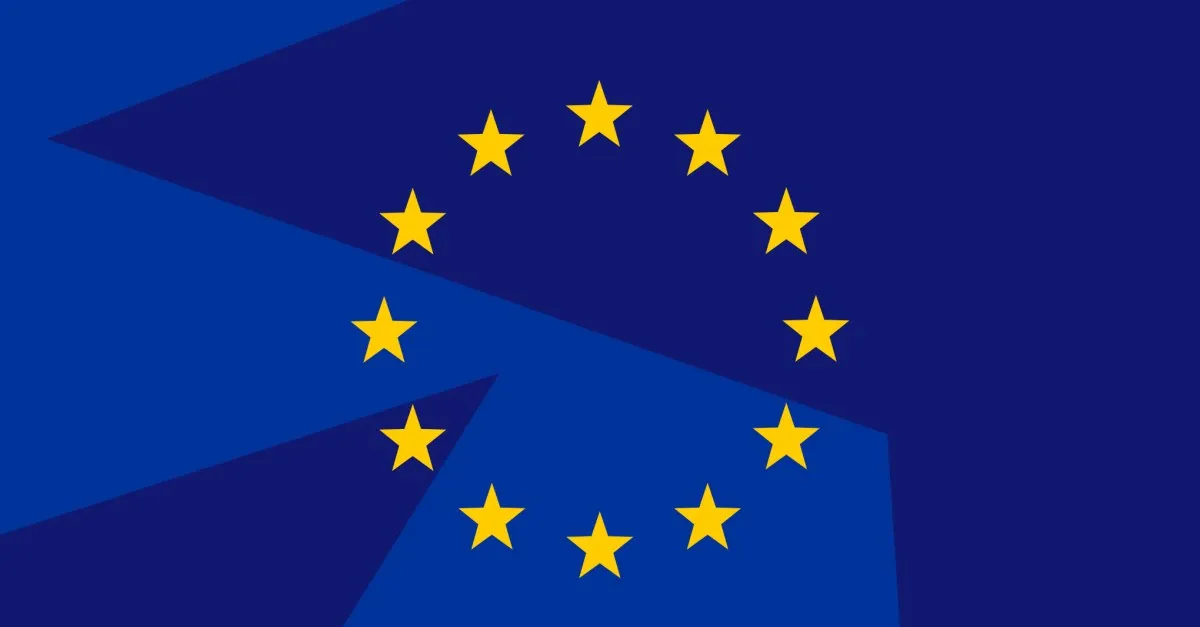
The European Union (EU) has released preliminary findings indicating that Meta, the parent company of social media giants like Facebook and Instagram, along with TikTok, are not fully adhering to their obligations under the Digital Services Act (DSA). This legislation is designed to create a safer digital space by enforcing stricter regulations on digital platforms.
The Digital Services Act is a key regulatory framework introduced by the EU to ensure that online platforms take responsibility for the content they host. It aims to protect users from harmful content while promoting transparency and accountability among tech companies. The DSA sets forth specific obligations that platforms must follow, including content moderation, user privacy protection, and data handling practices.
According to the EU's preliminary findings, both Meta and TikTok have exhibited lapses in compliance with the DSA's requirements. These findings suggest that the platforms may not be doing enough to mitigate risks associated with harmful content and misinformation. As social media continues to play a significant role in public discourse, these violations raise concerns about user safety and the integrity of information shared online.
If Meta and TikTok fail to address these compliance issues effectively, they could face substantial penalties under EU regulations. The DSA empowers authorities to impose fines and other corrective measures on platforms that do not meet their obligations. This could lead to increased scrutiny of their operations and a demand for greater transparency in how they handle user data and content moderation.
As the EU moves forward with its investigation, the outcomes could set a precedent for how social media platforms operate within the European digital landscape. The findings against Meta and TikTok underscore the critical importance of compliance with the Digital Services Act and highlight the EU's commitment to ensuring a safer online environment for all users. Stakeholders across the tech industry will be watching closely to see how these developments unfold and what changes may be implemented in response.